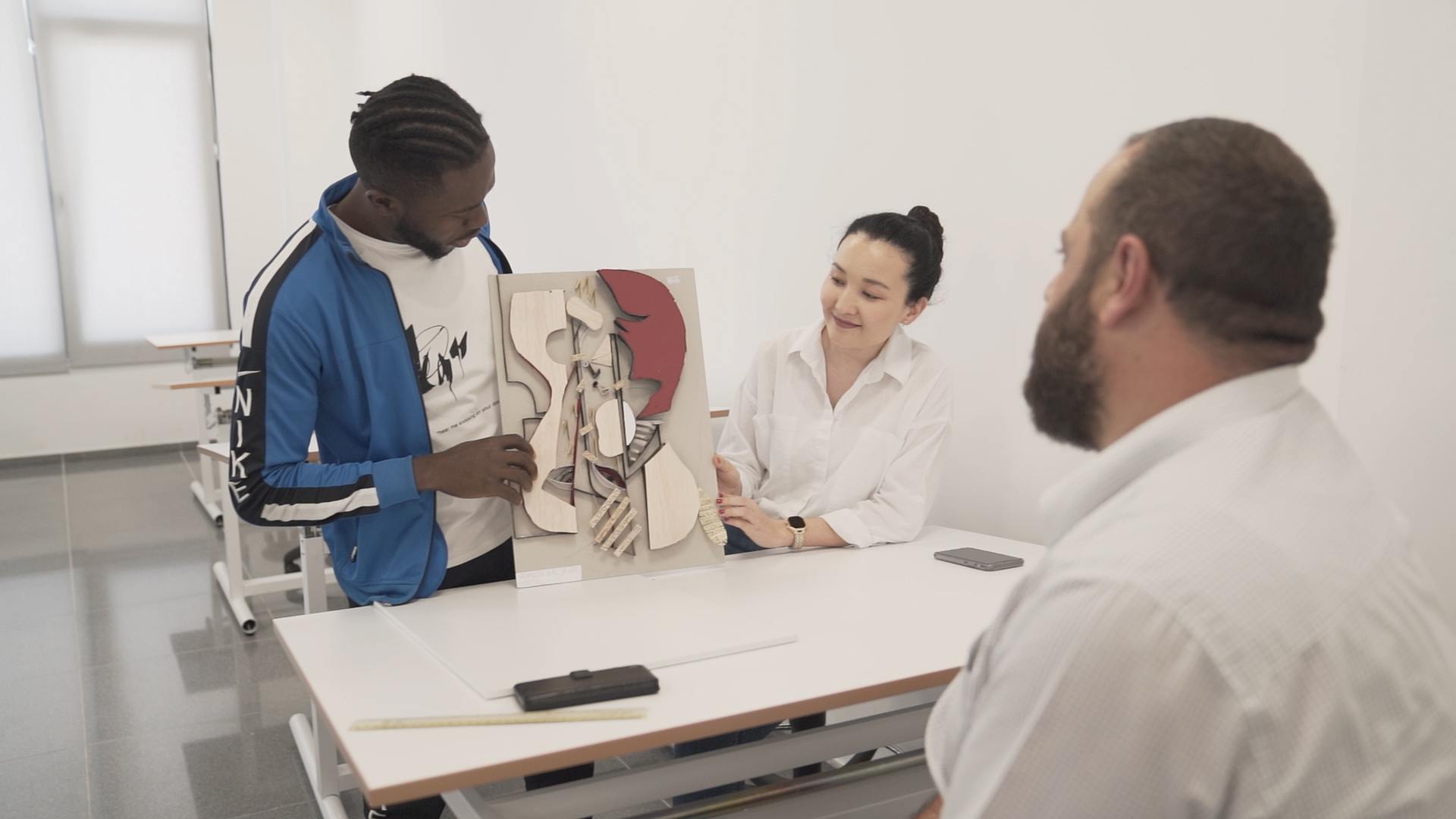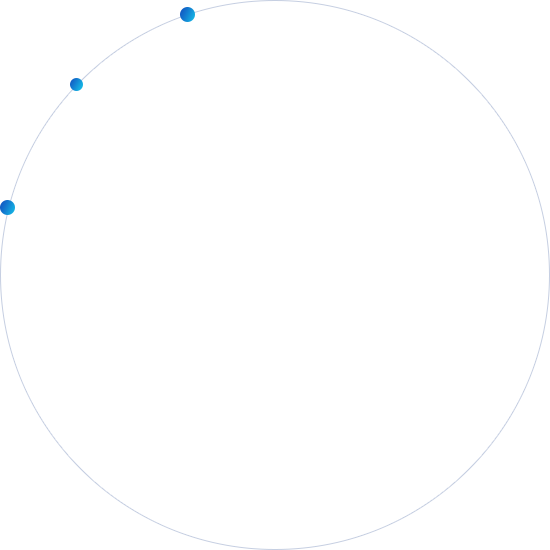

BAU Cyprus Faculty of Pharmacy started offering a 5-year program at the beginning of the 2023-2024 Academic year. This program is in English and composed of 10 semesters with compulsory and elective courses, laboratory practices, graduation project and traineeships. At the end of this program, our graduates will be pharmacists who are highly qualified, open to change and development, inquiring, and capable of undertaking effective duties and responsibilities. Having this quality education at an international campus will be the first step for students to open up to the world. BAU Cyprus Faculty of Pharmacy is a member of BAU Global and this provides a double-degree opportunity to students due to bilateral agreement with BAU Faculty of Pharmacy, Istanbul, Turkey.
In the practical and supportive learning environment the program provides, a team of internationally experienced lecturers and professors encourage students to explore their individual talents and build their own professional path. The first two years include courses from basic sciences. In the following years, they continue with advanced engineering courses such as manufacturing technology, production system and operations research. In addition to the above subjects, subjects such as engineering design, communication, teamwork and project work are integrated into the curriculum throughout its four years.
The current curriculum of the Pharmacy Graduate Program Curriculum is in Appendix-1.
The students after completing the program;
Course evaluation for theoretical courses consist of midterm exam, quizzes/homework/presentations and are reinforced with a comprehensive final exam at the end of the semester whereas, for the practical courses (Analytic chemistry, Pharmaceutical chemistry, Biochemistry, Pharmaceutical microbiology, Pharmaceutical botany, Pharmacognosy, Pharmaceutical technology, Pharmaceutical toxicology, Cosmetology) besides of theoretical courses evaluations the laboratory reports and experimental performances during the semester will be evaluated. To complete the education, the students need to do internships in community pharmacy/hospital pharmacy/industry. For the evaluation of the internships, in addition to, the written and oral examinations, the internship logbook will be evaluated. Depending on course structure at the beginning of each semester necessary course evaluation skills announced by the tutor with course syllabus. Based on the course grades the student’s semester grade point average (GPA) and cumulative grade point average (CGPA) are calculated.
The student must complete 300 ECTS and all programme requirements. A minimum cumulative grade point average (CGPA) of 2.0 is required for graduation. Thus, although ‘C-‘, ‘D+’ and ‘D‘ are pass grades (conditionally pass), in order to achieve a CGPA of 2.0, an average grade of ‘C’ is required. In addition, it is required to complete compulsory internships in a specified duration and quality. Moreover, Graduation project 1 and 2 should be submitted and presented in successfully.
To train pharmacists with knowledge and skills at the international level, to take part in joint projects for the protection of public health in the world, to produce the necessary information for health, to be a pioneer in the discovery of new drugs and to provide this information to the service of humanity. BAU Cyprus University Faculty of Pharmacy, accepting public health as its first priority in the field of pharmacy, aims to train pharmacists who are capable of serving the health and ethical values needed by the society, are scientifically and socially responsible, and can provide egalitarian, democratic and secular pharmacy services. BAU Cyprus Faculty of Pharmacy provides a double-degree opportunity to students due to bilateral agreement with BAU Faculty of Pharmacy, Istanbul, Turkey.
The application process for studying Faculty of Pharmacy at BAU Cyprus is very easy. You can simply and safely share your personal information through our online application platform. After receiving a confirmation email with a link, a copy of the following documents can be uploaded:
Passport or EU identity card
High school diploma certificate with transcript. Please also submit an official translation of the diploma and transcript into English if they are in another language.
University certificate with transcript (if applicable). Please also submit an official translation of the diploma and transcript into English if they are in another language.
English language test certificate
Portfolio PDF with a minimum of 10 works.
Our graduates can find job opportunities in a wide variety of fields, including:
Copyright 2023, All Rights Reserved.